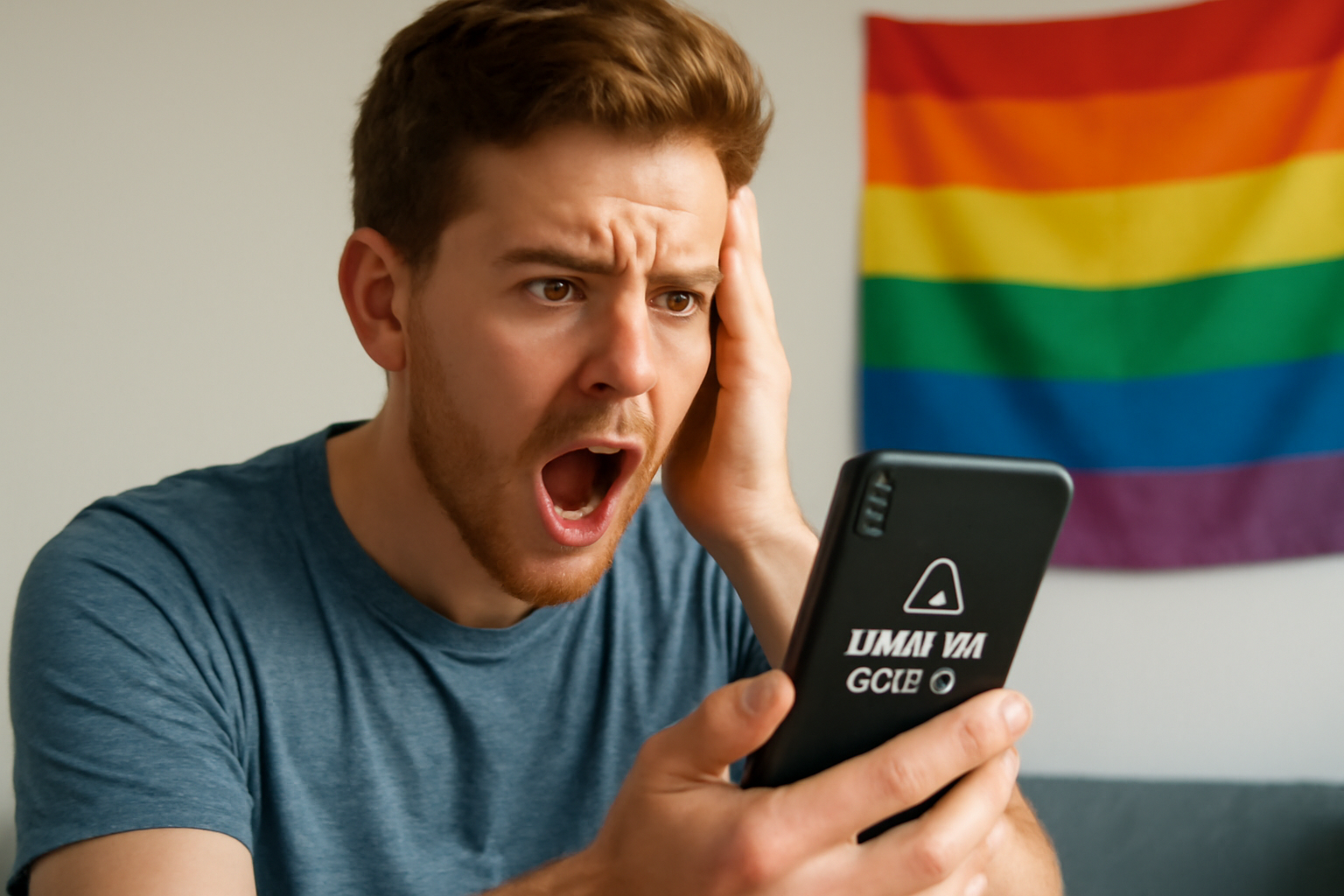
Recent revelations have stirred significant concern among users of Instagram and other platforms owned by Meta. Journalist Taylor Lorenz brought to light that content tagged with various LGBTQ+ hashtags was being restricted under the platform’s “sensitive content” policy. These hashtags included #lesbian, #bisexual, #gay, #trans, #queer, #nonbinary, #pansexual, #transwomen, #Tgirl, #Tboy, #Tgirlsarebeautiful, #bisexualpride, and #lesbianpride.
The automatic filtering of this content was allegedly designed to protect young users but resulted in blank screens for teenagers searching these tags. This revelation has prompted a public outcry, especially as the restrictions did not similarly affect heterosexual content.
Meta’s Response and Policy Reversal
After Lorenz contacted Meta for a statement, the company reversed these restrictions, stating, “These search terms and hashtags were mistakenly restricted.” A Meta representative assured that the company values inclusivity and does not classify LGBTQ+ content as sensitive. However, these policies have been in place since September 2024, when Meta introduced the “Instagram Teen Accounts,” allowing only parents or guardians to manage these profiles.
This policy has been criticized for inadvertently causing shadow bans and restricting the reach of LGBTQ+ creators. Many LGBTQ+ teenagers have reported their content being unjustly limited, further marginalizing already vulnerable communities.
The Impact on LGBTQ+ Communities
Leanna Garfield, a social media safety program manager at GLAAD, voiced her concerns regarding these practices. She emphasized the role platforms like Instagram play in the lives of LGBTQ+ youth, serving as spaces for self-discovery, community building, and accessing supportive resources. Garfield remarked, “By limiting access to LGBTQ content, Instagram may be inadvertently contributing to the isolation and marginalization of LGBTQ users.”
Social media has become a crucial tool for many LGBTQ+ individuals seeking validation and solidarity, particularly in environments where offline support is scarce. The restriction of LGBTQ+ hashtags under the guise of protecting minors raises questions about the implications of such policies on free expression and community access.
Wider Implications and Political Context
These issues arise amidst broader discussions about online safety for minors. Initiatives like the Kids Online Safety Act have driven tech companies to introduce stricter content policies, often resulting in unintended consequences for minority communities. In countries like Australia, similar laws have led to outright bans on social media usage among youth.
In the United States, debates about content regulation continue, with actions such as the proposed TikTok ban looming. The Supreme Court is set to hear arguments regarding this ban shortly, with potential repercussions for millions of users, including a large LGBTQ+ user base reliant on the platform for community and news dissemination.
The intersection of LGBTQ+ rights and digital policy remains a contentious issue, with the need for balanced approaches that protect youth without infringing on the rights and visibility of marginalized groups. As technology continues to evolve, the vigilance and advocacy of organizations like GLAAD will be crucial in ensuring that digital spaces remain inclusive and welcoming to all.
For those invested in these developments, staying informed is vital. Subscribing to newsletters and following advocacy groups can provide updates on how these policies evolve and affect LGBTQ+ communities worldwide.
Related Posts
Triumphant Trans Woman Wins Legal Battle and Inspires Others to Stand Up for Their Rights
Breaking new ground: a landmark victory in transgender rights After battling in courtrooms and enduring endless challenges, Diana Portillo, a transgender woman, has secured a monumental victory in her decade-long fight against workplace discrimination. The result? Nearly $1 million awarded in a historic settlement. But this isn't just a win on paper—it represents a powerful precedent in combati [...]
Pride Month in Latin America: Protests and Demands for Equality
**Celebrating Pride and advocating LGBTQ+ rights in Latin America** Pride Month in Latin America was a lively mix where celebration met activism. Communities united, not just throwing a party but making a stand—demanding equality and pushing governments toward better protection and rights recognition. Throughout Latin America, pride events erupted in marches and cultural displays, each with a c [...]
Transgender Erasure Actions Implemented by National Park Service
```html Trump administration's impact on national park service and transgender recognition The Trump administration made notable moves in undermining transgender representation, which included directing agencies like National Park Service not include "T" and "Q" when they refered “LGBTQ” in any official communication. This move seems part a broader plan by this administration aimed at reducin [...]